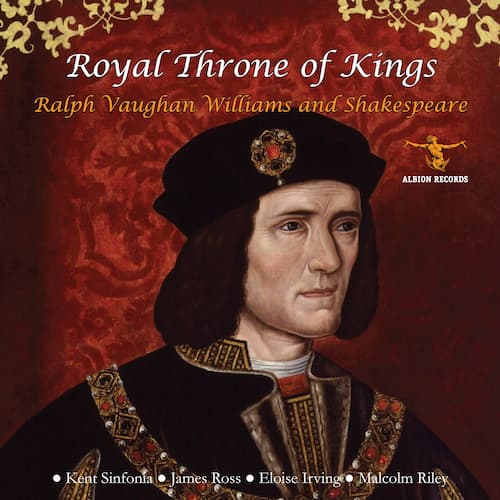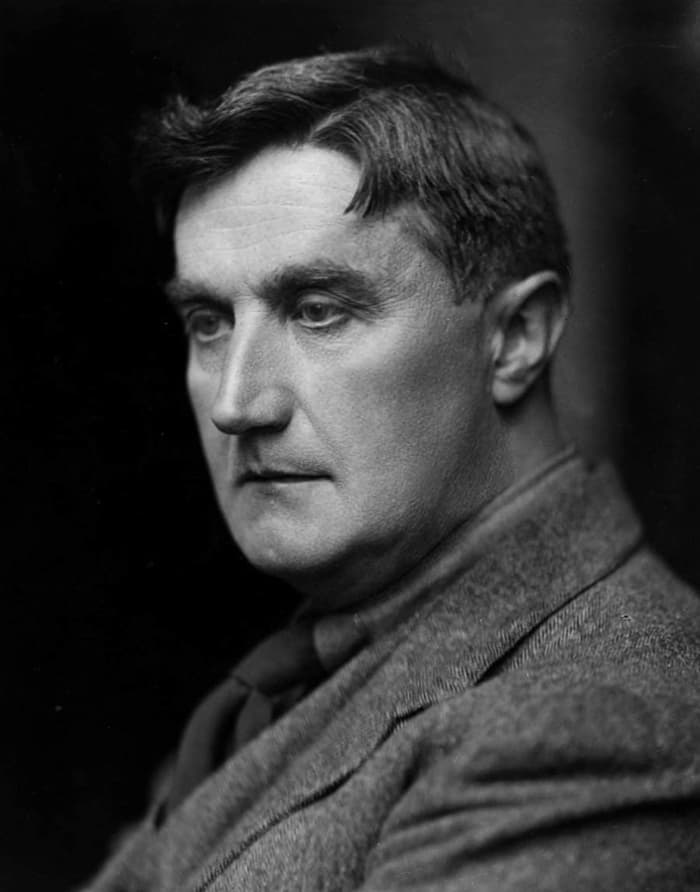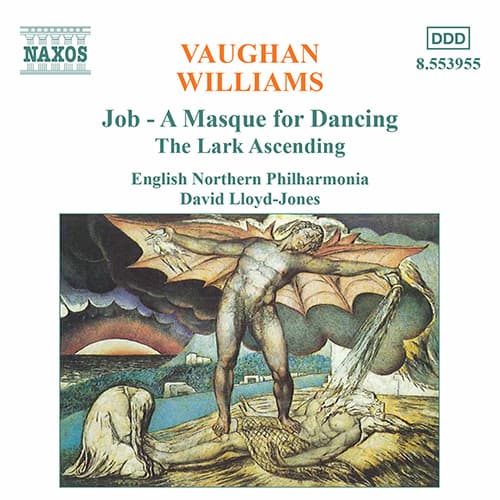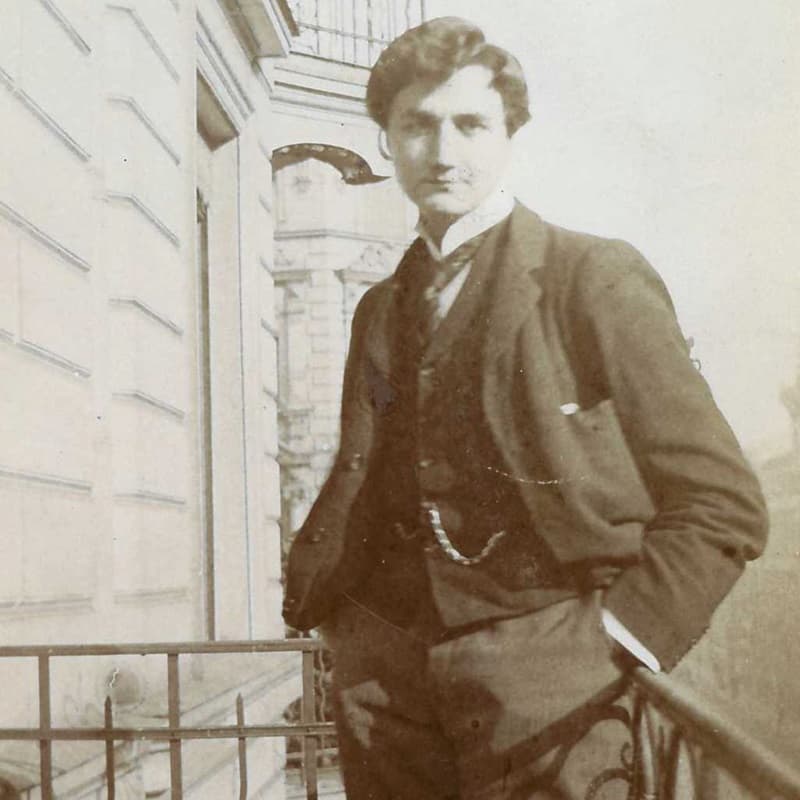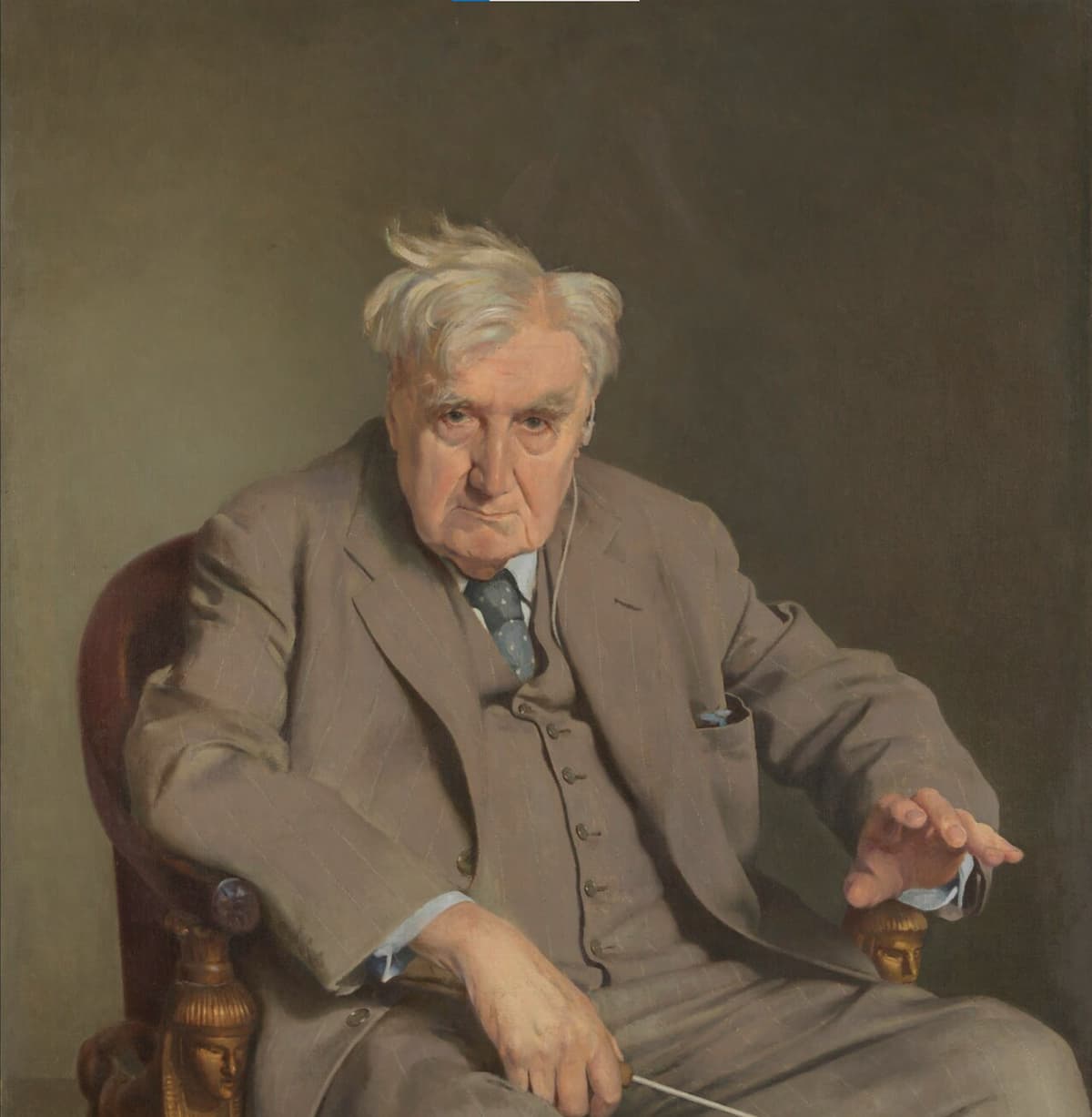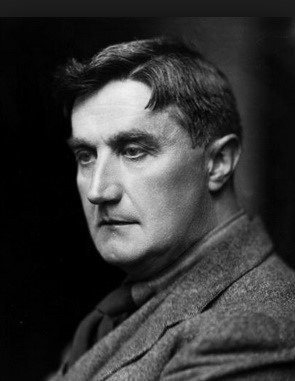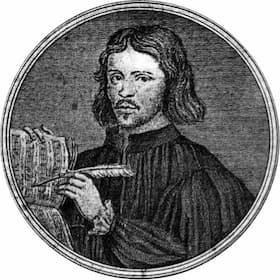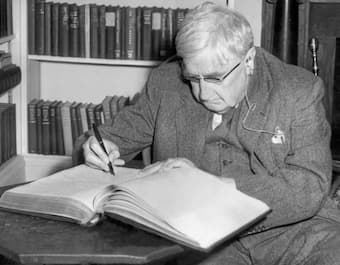For the summer season in 1912 and for three weeks in the Spring of 1913, Ralph Vaughan Williams was invited to Stratford-upon-Avon to compose incidental music and conduct for the Shakespeare productions. Vaughan Williams was invited by Sir Frank Benson,
Vaughan Williams
To commemorate the 50th anniversary of the founding of the London Symphony Orchestra, a very special premiere took place on 13 June 1954. Philip Catelinet, the orchestra’s principal tuba player, featured as the soloist in Ralph Vaughan Williams’ Tuba Concerto,
The orchestra paints a calm scene – blue skies, some clouds – and then a rising song. It’s the skylark, a bird of the open farm and of the heath. Its song, sung only by the male, is delivered in
In a longer take on the traditional carol, English composer Ralph Vaughan Williams made a ‘fantasia’ on three carols from southern England to create an atmospheric work for baritone, chorus, and orchestra. Given its premiere at the Three Choirs Festival
Ralph Vaughan Williams’ 1910 Fantasia on a Theme by Thomas Tallis was his consummate mix of all that interested him: folksong and the glories of English music from earlier centuries and their modal scales. His form was the 17th century
Ralph Vaughan Williams (1872-1958) took British music out of its German mindset and gave it its own voice. His 150th anniversary will occur on 12 October and a new version of one of his most famous pieces lets us hear
Although Ralph Vaughan Williams was an avowed atheist, he greatly bemoaned the state of church music in England. As he writes, “It ought no longer to be true anywhere that the most exalted moments of a church-goer’s week are associated
Ralph Vaughan Williams enjoyed excellent health throughout his life, and at the age of 85 he has just completed the piano score of his new opera Thomas the Rhymer. He also planned two song cycles for voice and piano, to

